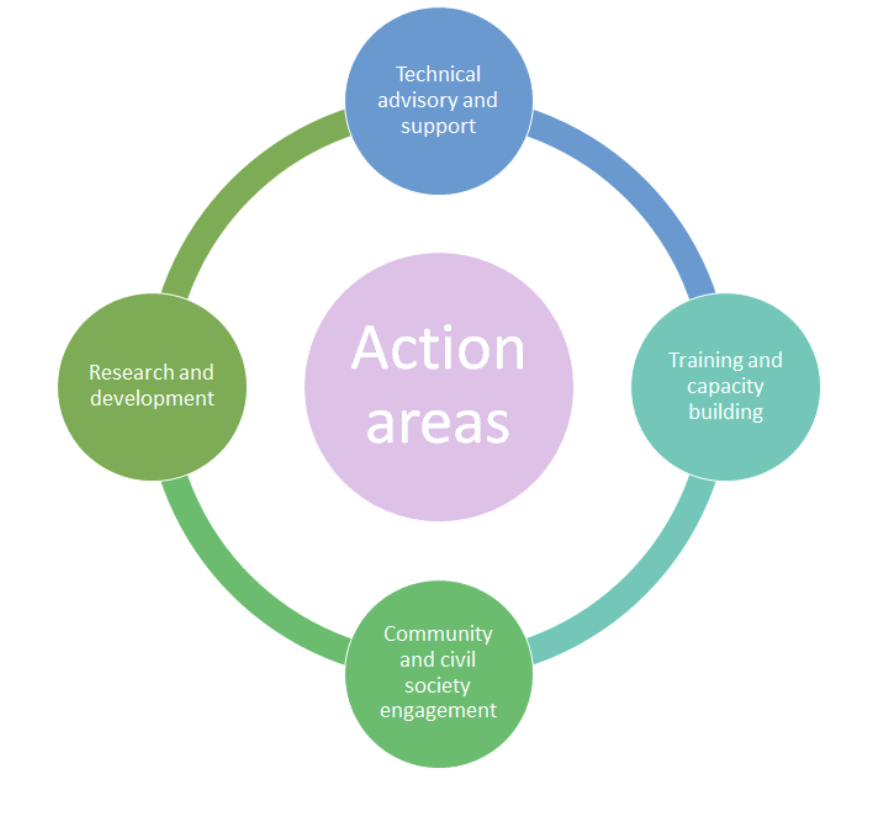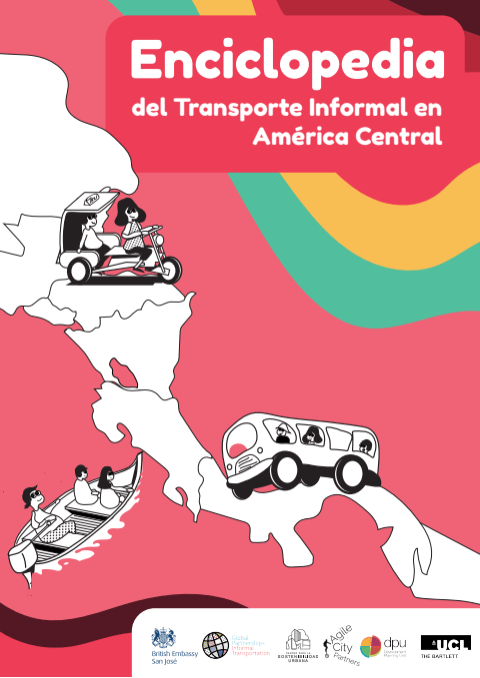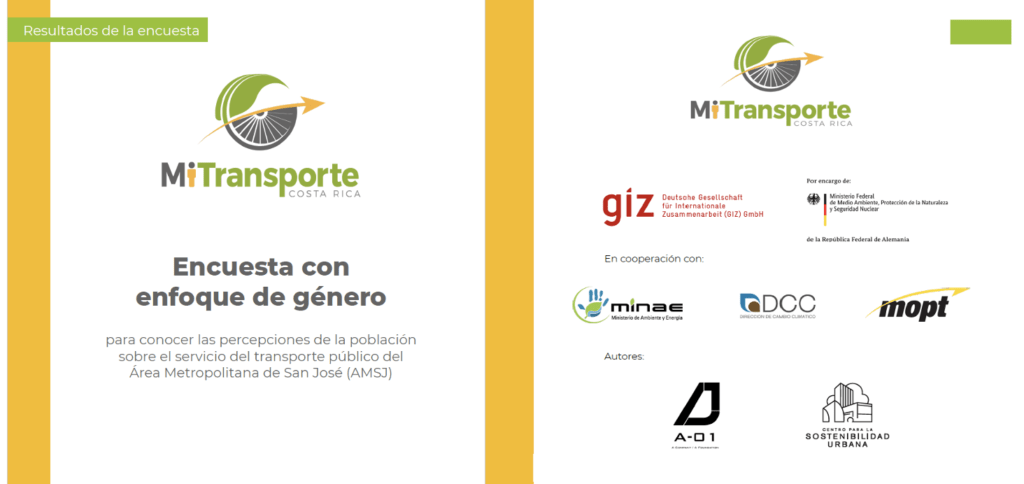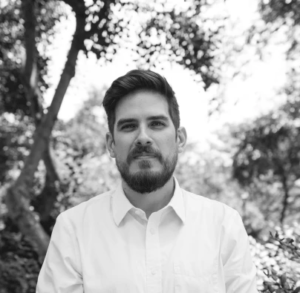14 February 2023 In News
Bringing a Wider Perspective of Sustainability to the Urban Conversation
In a region as green and biodiverse as Central America, the concept of sustainability has historically been focused mainly on nature conservation. And it makes sense – Costa Rica alone is said to house around 4% of the world’s biodiversity with such small territory. Nature conservation efforts have been successful in preserving and protecting biodiversity, but the region continues to face enormous challenges that hinder its way to a wider path for sustainable development. Most of these challenges are visible in the region’s cities and towns, where poverty, inequality, lack of accessible housing, transport, clean water, sanitation and waste management, as well as education and health services, continue to degrade people’s quality of life, the environment and the local economy.
In an effort to go beyond ’green’ and tackle these issues from a wider sustainability perspective, the Fundación Centro para la Sostenibilidad Urbana (CPSU) was established in 2014. Our mission is to accelerate the transition towards more inclusive, resilient and sustainable cities and communities.
Our four action areas include technical advisory and support; research and development; training and capacity building; and community and civil society engagement.

Since then, CPSU has collaborated with national and local governments, regional entities, international cooperation agencies, corporate and private sector, non-profits, communities and activists. We have supported these actors in developing policies, guidelines, plans, tools, and strategies in areas such as climate action, sustainable transport, gender inclusion, waste management, reducing inequalities, improving public spaces and community integration, sparking urban innovation, and regenerating nature in cities. Because of our work, CPSU is currently recognized as one of the leading organizations in Costa Rica in terms of urban sustainability and sustainable, low carbon transport, and our team members are constantly involved and consulted in both local and international discussions regarding these topics.
An example of our work regarding informal or popular transport was the Informal Transport Encyclopedia for Central America. This publication had the support of Agile City Partners, the Global Partnership for Informal Transport, University College of London and was financed through the UK Embassy. To collect information on informal transport, a datathon was held, where participants were able to compile information on the types of vehicles used, payment methods, routes, the names associated with these services, among other relevant information. All the data allowed us to create a first picture of how informal or popular transport operates in the region and how it contributes to the mobility and economic contexts of our cities in the Global South.

On the intersection of gender and sustainable mobility, a study was developed for the German Cooperation Agency GIZ, in association with A-01. This report aimed at understanding the perceptions on the public transport operating in the city of San Jose through a gender lens. The results supported GIZ in their efforts to promote actions to reduce greenhouse gas emissions from the transport sector in Costa Rica.

Supporting and learning from the SLOCAT Partnership
SLOCAT is one of leading voices in the transport community due to its multi-stakeholder approach, its leading research activities and knowledge products and the engagement spaces it offers to voice the concerns and challenges to advance towards low carbon sustainable transport. It represents an amazing opportunity for CPSU to contribute to global conversations from our expertise and knowledge, while at the same time connecting with other stakeholders in the SLOCAT Partnership to advance sustainable mobility and the broader SDG agenda in getting closer to a truly sustainable world for our generation and the future ones. We hope joining SLOCAT can help us maximize and scale up our impacts so far, strengthening our work in the long walk towards the cities and communities we desire.

Pablo Castro
Pablo Castro is the Executive Director of Fundación Centro para la Sostenibilidad Urbana (CPSU).

Pablo Castro
Pablo Castr is the Executive Director of Fundación Centro para la Sostenibilidad Urbana (CPSU).